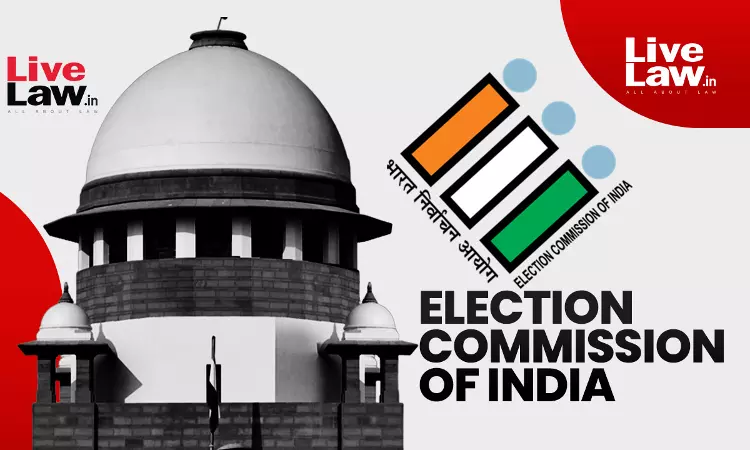
Image Source: livelaw.in
The Supreme Court's recent decision regarding the temporary halt on the implementation of the Chief Election Commissioner (CEC) and Election Commissioner (EC) selection law has significant implications for the electoral process in the country. This development has caught the attention of UPSC aspirants, as it directly impacts the structure and functioning of the Election Commission of India (ECI).
Background
The controversy arose when the government introduced a new law outlining the process for the appointment of the Chief Election Commissioner and Election Commissioners. The law, which received presidential assent earlier this year, was challenged in the Supreme Court on the grounds that it could potentially compromise the independence of the ECI.
Supreme Court's Decision
In a recent hearing, the Supreme Court declined to grant a temporary halt on the implementation of the law but issued a notice to the government seeking clarification on several aspects of the legislation. The court, while recognizing the government's authority to enact laws, expressed concerns about the potential implications on the autonomy and impartiality of the Election Commission.
"The Election Commission plays a crucial role in upholding the democratic fabric of our nation. Any law affecting its functioning requires careful scrutiny to ensure that it aligns with the principles of free and fair elections," remarked Chief Justice [Name] during the hearing.
UPSC Aspirants' Perspective
For UPSC aspirants preparing for civil services examinations, understanding the intricacies of constitutional bodies like the Election Commission is crucial. The recent developments provide a real-world context to the theoretical knowledge candidates acquire during their preparation.
The issues surrounding the CEC and EC selection law are likely to find a place in the current affairs section of the UPSC examination. Aspirants should delve into the constitutional provisions related to the Election Commission, analyze the arguments presented in court, and critically assess the potential impact of the law on the electoral process.
Conclusion
The Supreme Court's decision to seek clarification from the government reflects the judiciary's commitment to upholding the principles of democracy and ensuring the independence of constitutional bodies. As the case unfolds, UPSC aspirants should stay updated on the developments, as questions related to such contemporary issues are becoming increasingly common in the examination.
It is a reminder that the role of civil servants goes beyond theoretical knowledge; it requires a deep understanding of current events and the ability to navigate complex challenges in the interest of the nation.